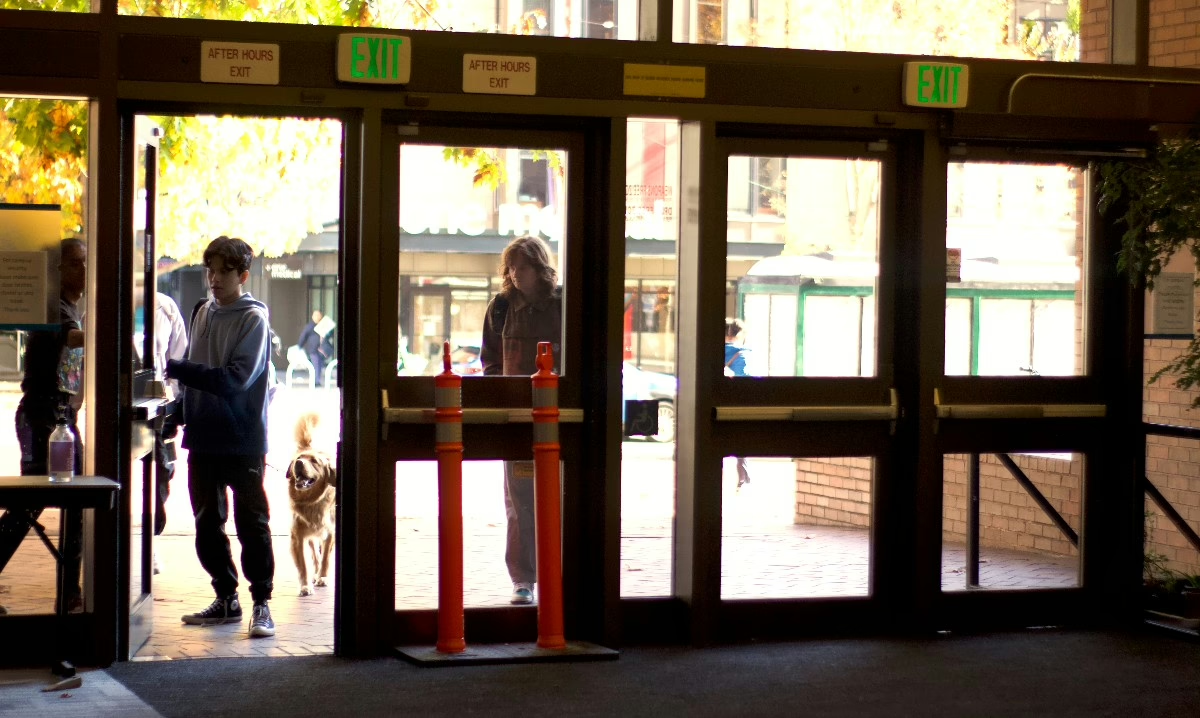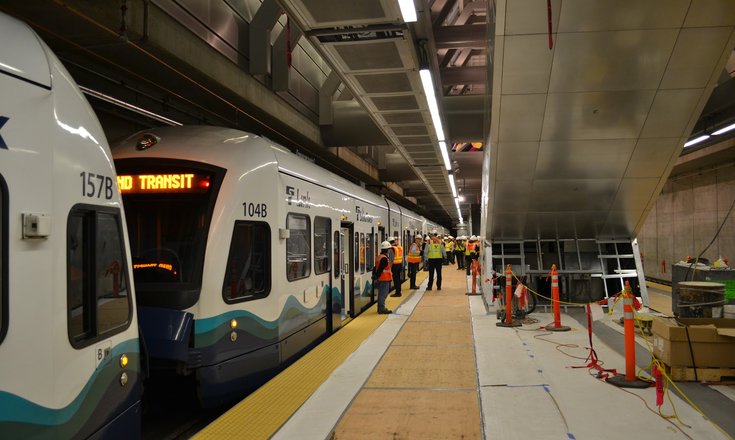COVID-19 and the incarcerated
Covid-19 is all around us. It’s inescapable. Schools, hair salons, bars, restaurants, churches, and ‘non-essential” businesses are closed. Predictably, jails are still open. In a system that has abysmal healthcare, the virus is especially dangerous for imprisoned individuals with pre-existing health conditions, particularly HIV and COPD, older inmates, and pregnant inmates. We’ve been told to distance ourselves from others, avoid unnecessary social contact or even to self-isolate. How does that work when you’re incarcerated? An outbreak inside a correctional facility would be a disaster
The Department Of Corrections has yet to confirm whether compassionate or early release will be used to alleviate crowding and protect vulnerable inmates. Extraordinary medical placement, graduated reentry, and furloughs are being considered. All DOC locations have instituted intensive cleaning protocols as well as making hand sanitizer available in supervised areas and providing free access to sanitation products.
King County jail has also cancelled visitations including those conducted via onsite video kiosks. Offsite video visits are now available at no cost. Cleaning has been increased and enhanced screening at pre-booking has been enacted. King County has also transferred inmates who are not symptomatic but who are at a higher risk for severe complications from COVID-19, those 60 and older with underlying health conditions, to a housing unit at the Maleng Regional Justice Center in Kent to reduce exposure to the larger population. All staff members are being screened as well as any visiting attorneys. King County also has infection control measures in place in case anyone in custody tests positive for COVID-19. As of April 3, 27 inmates have been tested. All tests were negative.
Additionally, King County is no longer accepting people booked for misdemeanor charges that do not present a public safety concern or people who violate terms of community supervision.







